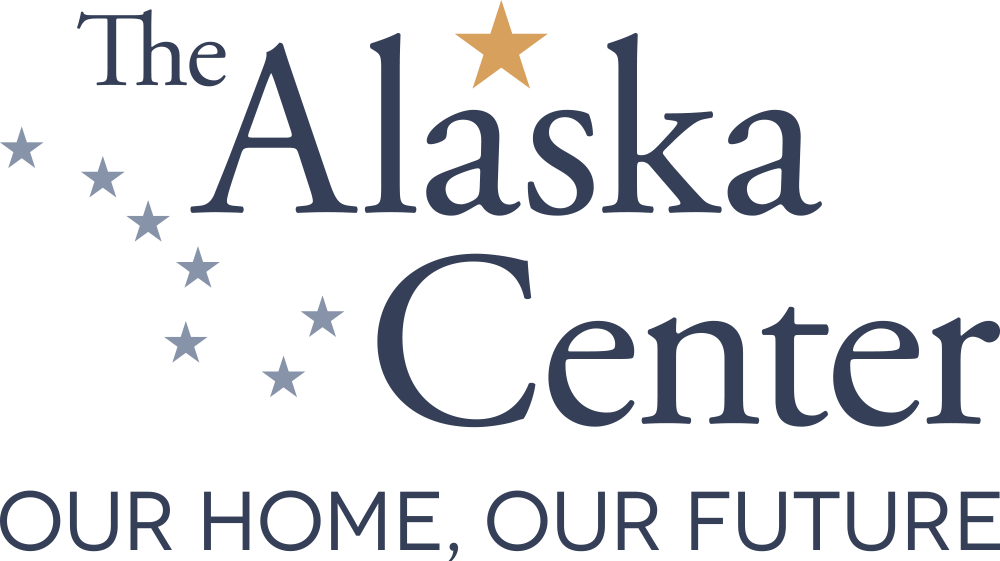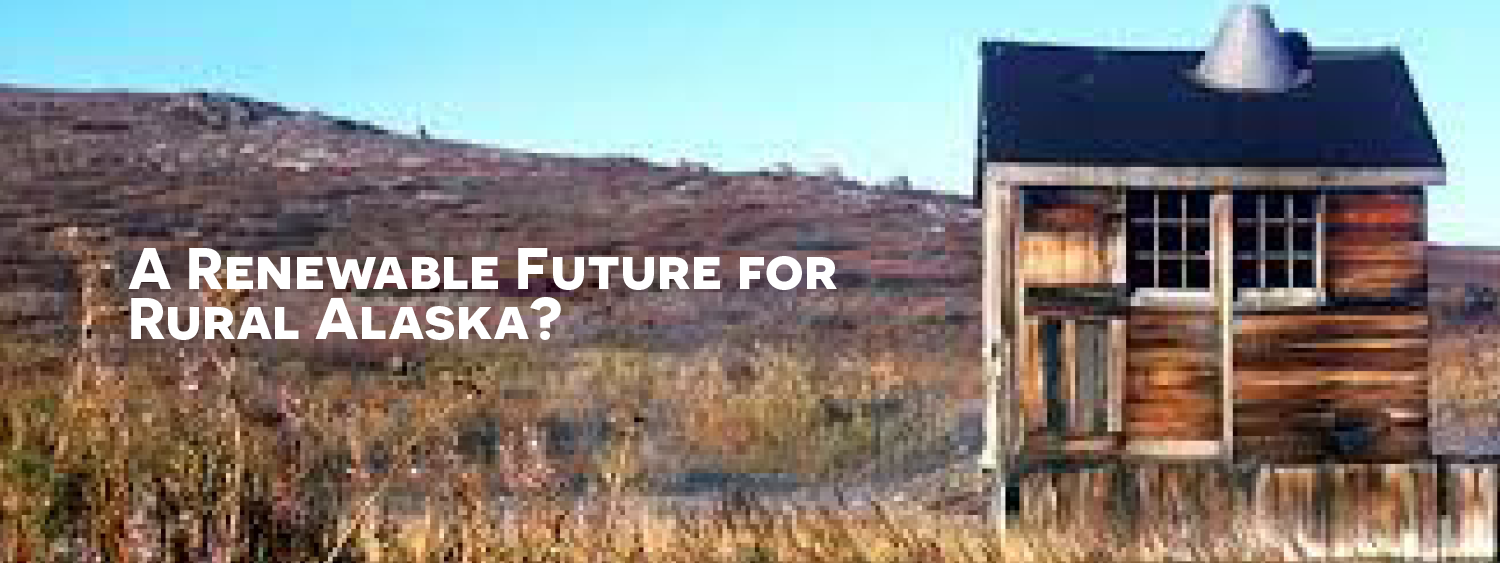Guest opinion blog piece by Ryan Tollefsen
Renewable energy sources like solar and wind energy have experienced some incredible advances in the past several years. The aforementioned has resulted in both lower overall costs for solar and wind power as well as more efficient use of the power provided by these green technologies. An increasing amount of people can benefit from these important high tech energy solutions. Rural areas of the country, in particular, are in a position to benefit from the advantages of renewable energy and these benefits include the following:
Renewables Can Protect Against Power Interruptions
Whether severe seasonal weather or events like tornados are to blame, power outages in rural areas can extend for hours or days. When homes and businesses are supplied with renewable energy from on-site sources, however, they can weather storms with less chance of losing power. In Germany, where much of the country's electricity currently comes from fossil fuels, experts say that renewables can help bridge the gap and prevent extended power outages. The non-centralized nature of most renewable energy means that, even if one area sustains damage, others will remain unaffected.
Renewable Energy Reduces Water Usage
Power plants that rely on resources like coal or nuclear energy require a lot of water for safe operation. In agricultural areas, this can cause severe competition for resources, particularly in the regions that are experiencing drought conditions.
Solar and wind power, by contrast, can produce energy without additional water use. This means less competition for resources and more affordable irrigation for nearby agricultural concerns.
Additionally, solar and wind do not pollute nearby water sources the way that coal mining and coal plants do. This means safer water for rural communities, as well.
Renewables Bring New Economic Opportunities
Areas of the country that have relied on coal mining are seeing their prospects diminish over time. Newer clean air regulations mean less coal energy use. This, along with other factors, means less coal mined. The coal that is still mined, relies more on automation than it did in the past. The result is fewer jobs in isolated areas that do not have much other industry for residents to transition to.
In some areas that were formerly coal country, entrepreneurs and activists are working toward introducing renewable energy manufacturing and power generation instead. Wind turbine factories, for instance, can replace jobs that were lost as the coal industry contracted. Solar and wind farms can employ workers generating clean energy. Many of these ventures are already beginning to take off. The renewable energy sector is adding jobs 12 times faster than other job sectors.
Reduced Energy Costs Free Up Funds
In areas with high levels of poverty, energy costs can be a significant burden. In some areas, poor rural residents can spend up to 30% of their income on heating costs during the colder parts of the year.
With the reduction in cost on solar panels, the cost of solar energy installations continues to fall. Gradually, the cost of generating energy with solar is coming closer to the cost of producing energy with fossil fuels. Geothermal is another area where significant cost savings can be found. It currently costs 80% less to heat with geothermal than with coal.
The technology has not yet reached a point where renewables can replace fossil fuels 100%. However, as technology improves and costs continue to fall, the gap gets smaller and smaller. Through gradual adoption of clean energy options in place of fossil fuels, rural areas can make themselves and their citizens stronger, more resilient as they build a more energy-secure future.

Ryan Tollefsen is the founder and team leader of Unity Home Group. Ryan is an avid supporter of clean technology, environmental responsibility, and is life-long Alaskan.
Interested in becoming a guest blogger? Email our communications team: [email protected]
Share this Post

